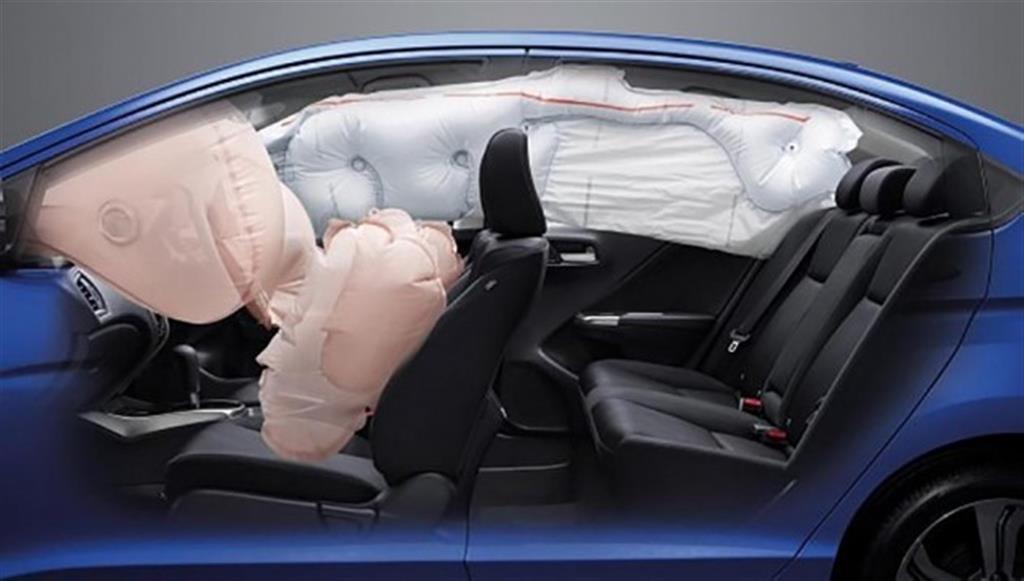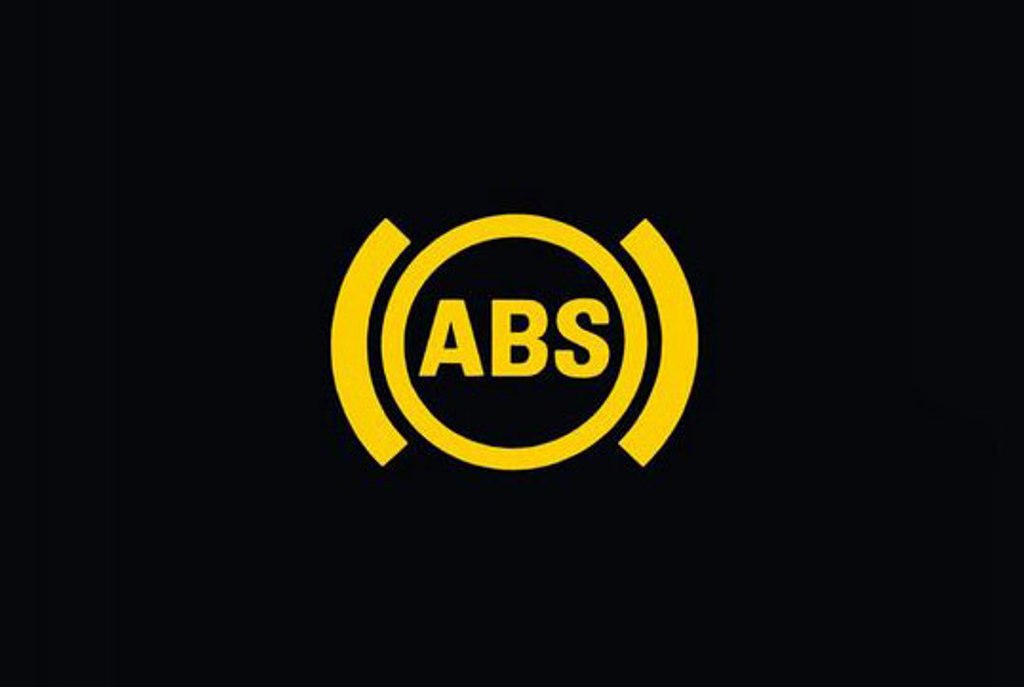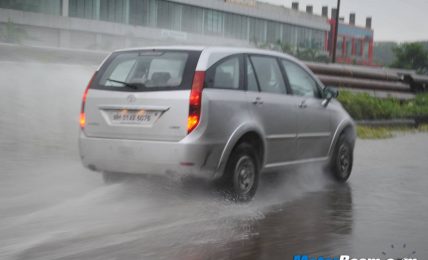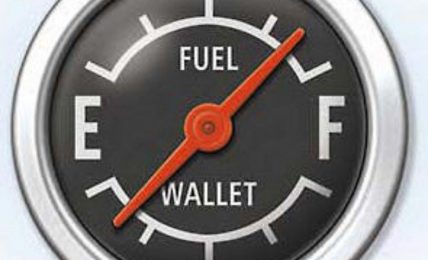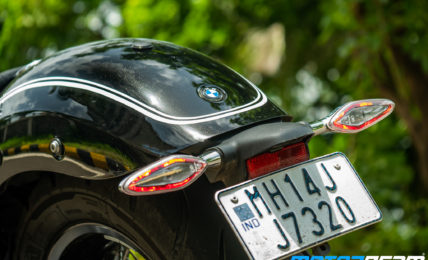With the government all set to increase the speed limits on our road, it is important that our vehicles get equally safer to counter any unfortunate high speed crashes. The government has announced that it will make safety features like ABS and airbags mandatory on all cars by 2017. The government will also make crash tests mandatory for new vehicles and this would mean a lot of old cars being scrapped from the Indian market on account of non-compliance with the new safety norms.
While certain vehicles will need to have features likes ABS and airbags added as part of the equipment list. The addition of airbags and ABS too won’t come cheap either. Expect a hike of around Rs. 50,000-60,000/- on models that currently do not come with any safety features. However, certain vehicles which are over a generation old will have to be scrapped. As per the Indian government’s new norms, some models might see changes in the structural design in order to make them safer and making extensive changes on older models does not seem financially viable for auto manufacturers.
In the wake of new safety norms, several models like the Hyundai Santro, Maruti Alto K10 would be scrapped from the Indian market and new models will be brought in instead, based on newer platforms. There have also been reports of the government also considering safety features like child restraint and ESC as standard on all vehicles that help achieve better control. With almost two years in hand, manufacturers have also been given enough time to make a smooth transition towards the addition of safety features and bringing new models in the market, while phasing out the non-compliant ones.
As for the crash tests, frontal crash test facilities have been proposed and are being set up at Pune and Manesar that will be operational by December this year. The government will also introduce the New Car Assessment Programme (NCAP) in India and will see new vehicles pass through the minimum safety standards before plying on the roads. A 1-5 star rating is also being proposed for vehicles in India set according to local conditions.
While all cars will get ABS as mandatory by 2017 in India, motorcycles in Europe will get ABS as mandatory with effect from 1st January, 2017. Cited in the best of interest for the safety of riders, the ABS system will come with an on-off switch and will be applicable on every motorcycle larger than 125cc. In fact most riders across Europe opt for ABS equipped versions, if given the option. Hence, the mandating only makes it a standard feature across motorcycles. In India though, most two-wheeler manufacturers have been shying away from bringing ABS to motorcycles in the wake of high production costs.


